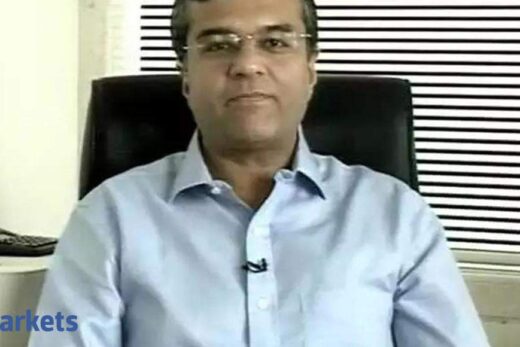“We prefer domestic cyclical over defensive sectors as India’s growth cycle is unfolding and the relative case remains in favour of cyclical stocks,” Desai argued in their latest note.
Desai’s impassioned defence of cyclical stocks comes days after another celebrated global equity strategist Christopher Wood of Jefferies cut his weightage for Indian equities in his portfolio, fearing that cyclical stocks had not factored in renewed lockdowns.
Desai believes as long as the fatality rate in India remains low, the chances of lockdowns of the nature imposed in Maharashtra spreading to other states remain limited. “Until then, we do not expect material economic impact of the second wave,” Desai said.
India is also rapidly accelerating its vaccination program with the daily average of inoculation rising to 2.4 million per day as more individuals over the age 45 years come forward to take jabs. Maharashtra government has asked the Centre to allow individuals over the age of 25 years to be vaccinated.
Nomura Securities India is of the view that as vaccination accelerates in the coming months, India will be able to inoculate 40-45 per cent of its population by the year-end, which will minimise the threat of a second wave and help in a more sustainable re-opening of the economy.
Morgan Stanley prefers fast-moving electronic goods sector within industrials and finds real estate developers ‘attractive’. The brokerage has, however, downgraded real estate investment trusts (REITs) because of the likely impact of the Covid second wave on office rentals in the coming months.
Morgan Stanley also upgraded its view on the metals sector to ‘attractive’ as it sees a super-cycle of profitability, and supply constraints due to emission curbs in China.



